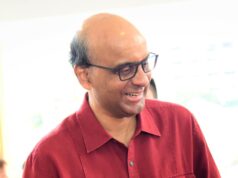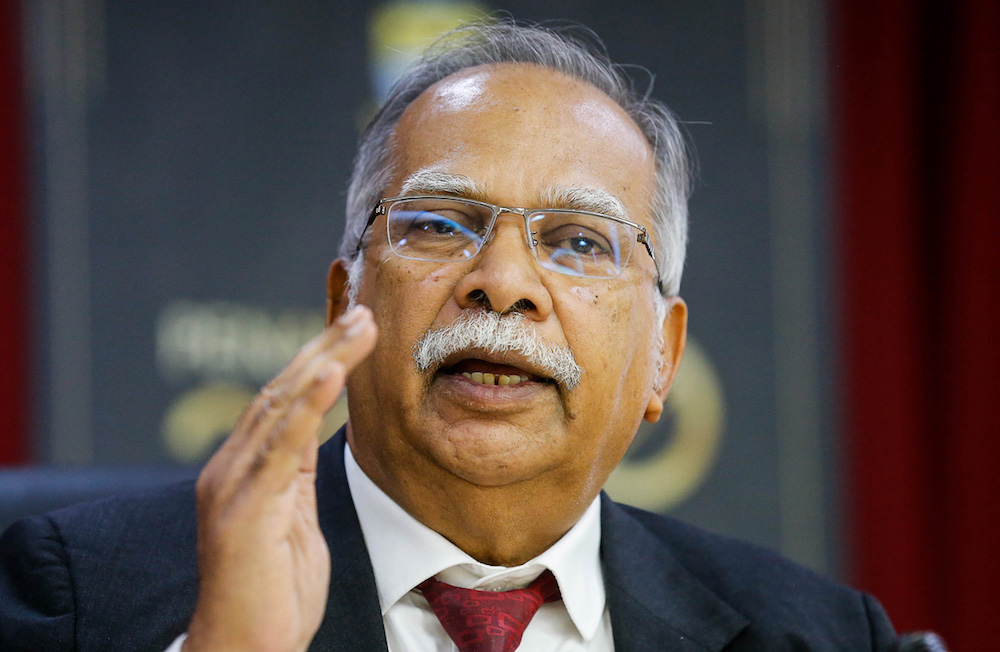

Joint funding of S$4.5 million (A$3.5 million or RM11.05 million) will support five research teams based in Australia and Singapore working on research projects that will address infectious diseases including tuberculosis, dengue fever and influenza, said NHMRC and A*START in a joint statement.
These diseases were identified as significant threats to public health in the Asia Pacific region at the A*STAR-NHMRC Joint Symposium 2012 on Combating Emerging Infectious Diseases through Integrative Technology Approaches held last year .
“Infectious diseases affect the health and productivity of hundreds and thousands of people in Australia and around the region each year. This collaboration demonstrates Australia’s capacity to join other world-leading research bodies and achieve much more than if countries tried to tackle these issues individually,” NHMRC chief executive officer, Professor Warwick Anderson said.
A*STAR Chairman, Lim Chuan Poh, said: “Our experience in the past decade with SARS, avian flu and H1N1 has taught us that in an increasingly connected world, understanding and managing emerging infectious diseases are a matter of highest priority for all countries.
“By partnering with our colleagues from Australia, we will be able to develop new approaches to better combat these threats to this region and the world.”
Tuberculosis (TB) is second only to HIV/AIDS as the greatest killer worldwide due to a single infectious agent. Multi-drug resistant TB is present in virtually all countries. About half of the world’s population is now at risk of dengue. The infection causes flu-like illness, and occasionally develops into a potentially lethal complication. There is no vaccine.
Influenza occurs every year in every country, seasonally and sporadically, killing between 250,000 and 500,000 people and causing severe illness in several million more.
BERNAMA










